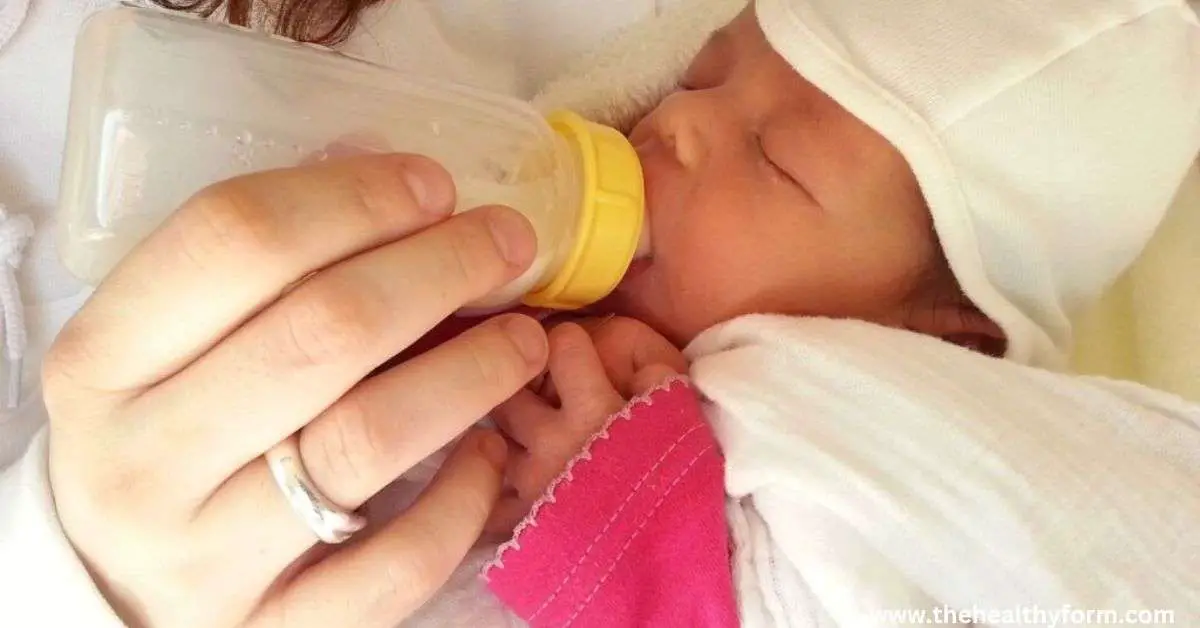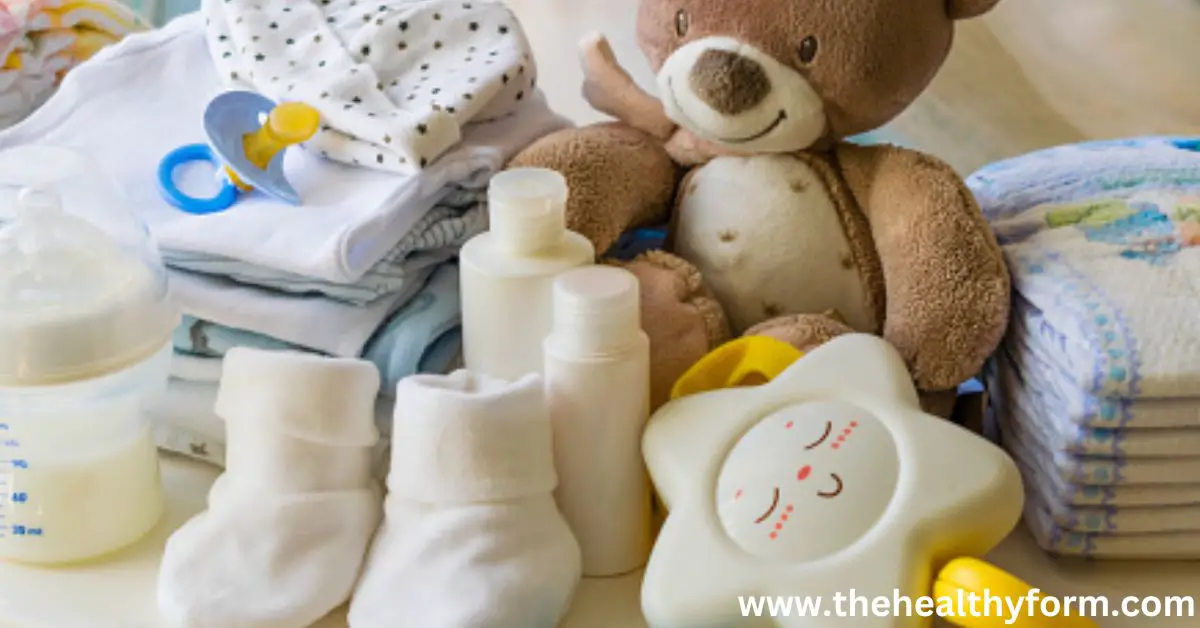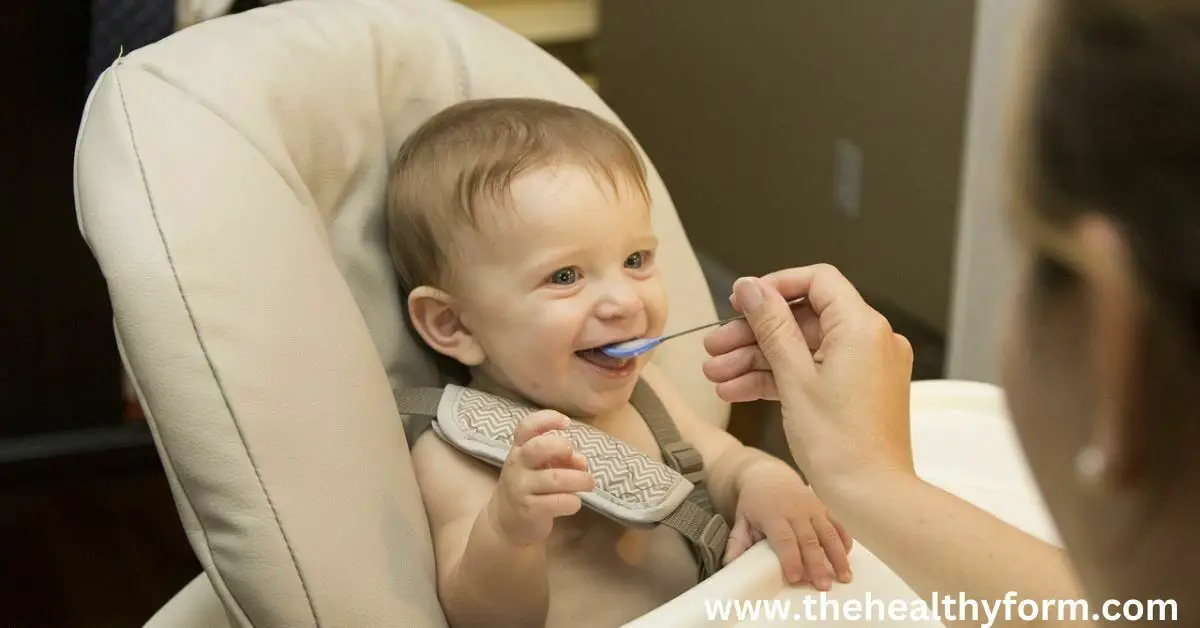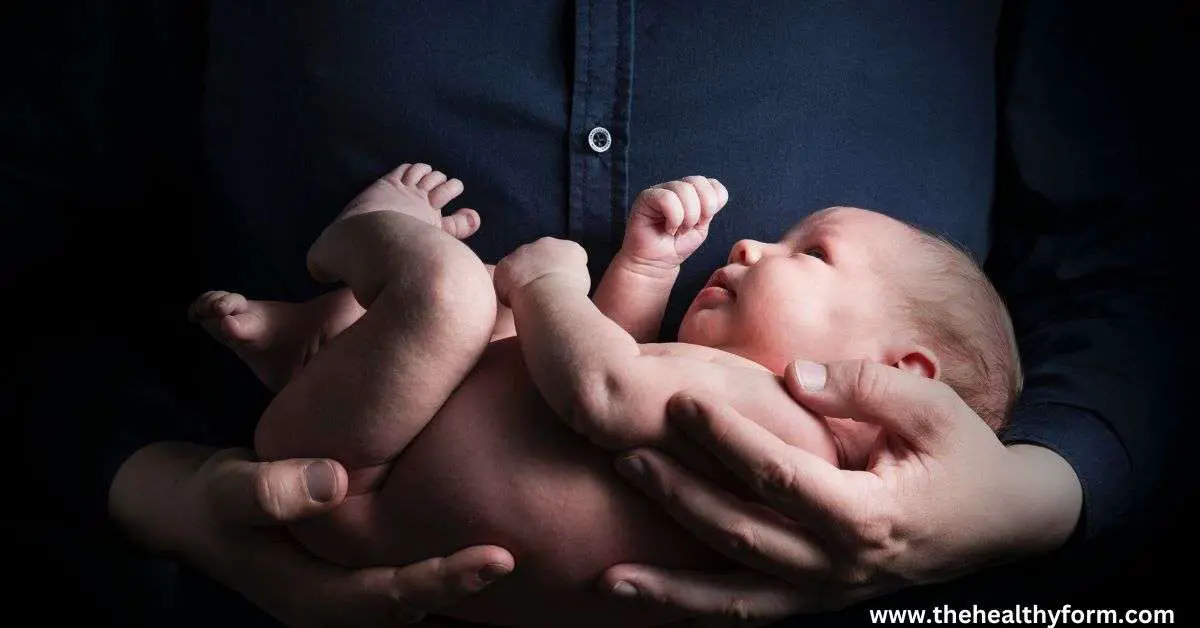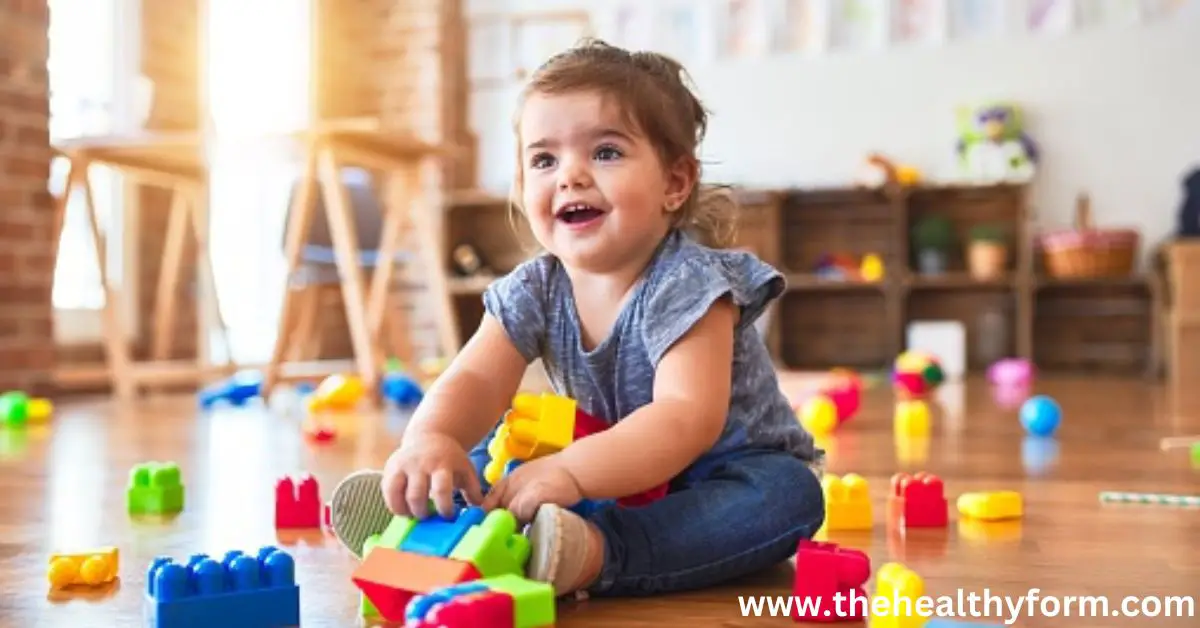How to Understanding Baby Development for New Parents
Understanding baby development and gaining insight into your little one’s growth with our ultimate guide to understanding baby development. Stay informed and support your child’s growth with helpful tips and resources. Watching your baby grow and develop is an exciting and rewarding experience, but it can also be a time of uncertainty and questions. This blog will cover everything you need to know about baby development, including what to expect at different stages of development, how to promote and encourage growth and development, and how to recognize and support any developmental delays.
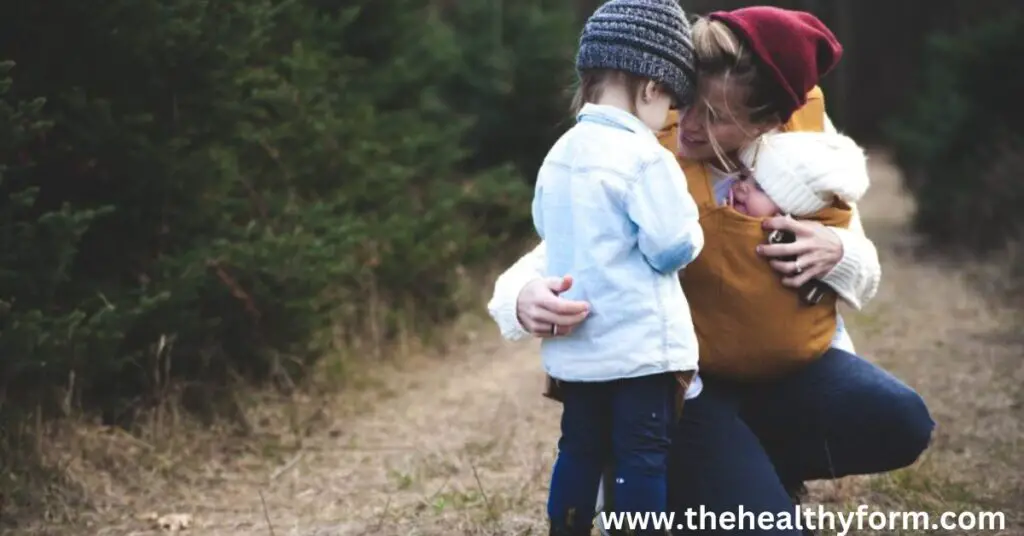
What are the Stages of Baby Development?
Baby development occurs in stages, each with milestones and characteristics. During the first year of life, babies go through many important developmental stages, including the following:
- Newborn (birth to 1 month): Newborns depend highly on their caregivers for all their needs and are learning to adjust to the outside world. They will spend most of their time sleeping, eating, and being held, and they will start to develop their senses and motor skills.
- Infancy (1 to 12 months): Babies continue to grow and develop rapidly during this stage. They will start to reach for objects, roll over, sit up, crawl, and walk. They will also start to develop their communication skills and social interactions.
- Toddlerhood (1 to 3 years): Toddlers are active, curious, and learning to explore and interact with their environment. They will continue to develop their gross and fine motor skills, communication skills, and social interactions.

What are the Milestones for Baby Development?
There are many milestones that babies typically reach at different stages of development. These milestones can help you track your baby’s progress and identify potential developmental delays. Some common milestones for baby development include:
- Birth to 3 months: smiling, following objects with their eyes, grasping objects, lifting their head while on their stomach
- 4 to 6 months: rolling over, sitting up with support, babbling, grasping, and transferring objects
- 7 to 12 months: crawling, standing with support, saying their first words, pointing to objects
- 12 to 18 months: walking independently, stacking blocks, scribbling, imitating words and actions
- 18 to 24 months: running, throwing a ball, building with blocks, using two words together
What are the Factors that Influence Baby Development?
Many factors can influence a baby’s development, including genetics, environment, nutrition, and health. It’s important to provide your baby with a supportive and nurturing environment that promotes growth and development and ensures that they are getting proper nutrition and healthcare. It’s also a good idea to monitor your baby’s development and seek a healthcare provider’s guidance if you have any concerns.
What are the Signs of Developmental Delays in Babies?
Suppose you are concerned that your baby may be experiencing developmental delays. In that case, it’s important to pay attention to their growth and development and seek a healthcare provider’s guidance. Some signs of developmental delays in babies can include:
- Delays in reaching milestones, such as rolling over, sitting up, crawling, or walking
- Difficulty with gross or fine motor skills, such as grasping objects or using utensils
- Delay in language development, such as not babbling or using words by a certain age
- Difficulty with social interactions, such as not responding to smiles or not showing interest in others
What are the Best Toys for Baby Development?
There are a variety of toys that can help promote baby development, depending on your baby’s age and interests. Some toys that can help promote baby development include:
- Rattles and teething toys: These toys can help to stimulate your baby’s senses and promote fine motor skills.
- Stacking toys: These toys can help to develop your baby’s gross motor skills and hand-eye coordination.
- Mirrors: Mirrors can be a great way for your baby to learn about their reflection and to develop self-awareness.
- Books: Reading with your baby can help to promote language development and encourage a love of reading.
- Musical toys: Musical toys can help to stimulate your baby’s senses and encourage creativity and self-expression.

How to Promote Baby Development?
There are some ways you can promote your baby’s development, including:
- Providing a supportive and nurturing environment: Creating a warm and loving environment can help to support your baby’s development and encourage them to explore and learn.
- Encouraging movement and physical activity: Allowing your baby to move and explore their environment can help to promote gross motor skills and coordination.
- Providing age-appropriate toys: Choosing appropriate for your baby’s age and development can help stimulate their senses and promote learning.
- Reading and singing to your baby: Reading and singing to your baby can help to promote language development and encourage a love of reading and music.
- Encouraging social interactions: Allowing your baby to interact with others, such as siblings or caregivers, can help to promote social and emotional development.
How to Encourage Baby Development?
There are some ways you can encourage your baby’s development, including:
- Providing plenty of opportunities for exploration and learning: Allowing your baby to explore their environment and play with various toys can help stimulate their senses and encourage learning.
- Encouraging physical activity: Allowing your baby to move and explore their environment can help to promote gross motor skills and coordination.
- Reading and singing to your baby: Reading and singing to your baby can help to promote language development and encourage a love of reading and music.
- Encouraging social interactions: Allowing your baby to interact with others, such as siblings or caregivers, can help to promote social and emotional development.
- Being patient and supportive: It’s important to be patient and supportive as your baby learns and grows and to provide a safe and nurturing environment for them to explore and learn.
How to Stimulate Baby Development?
There are many ways you can stimulate your baby’s development, including:
- Providing plenty of opportunities for exploration and learning: Allowing your baby to explore their environment and play with various toys can help stimulate their senses and encourage learning.
- Encouraging physical activity: Allowing your baby to move and explore their environment can help to promote gross motor skills and coordination.
- Reading and singing to your baby: Reading and singing to your baby can help to promote language development and encourage a love of reading and music.
- Encouraging social interactions: Allowing your baby to interact with others, such as siblings or caregivers, can help to promote social and emotional development.
- Providing age-appropriate toys: Choosing appropriate for your baby’s age and development can help stimulate their senses and promote learning.
- Exposing your baby to new sights, sounds, and experiences: Exposing your baby to new and stimulating experiences can help to promote learning and development.
- Being patient and supportive: It’s important to be patient and supportive as your baby learns and grows and to provide a safe and nurturing environment for them to explore and learn.
How to Track Baby Development?
Tracking your baby’s development can help you to understand its growth and development and to identify any potential developmental delays. There are a few ways you can track your baby’s development, including:
- Monitoring their milestones: Paying attention to your baby’s milestones and comparing them to their typical age range can help you track their development.
- Keeping a development journal: Keeping a journal of your baby’s development can be a helpful way to track their progress and identify any potential delays.
- Seeking the guidance of a healthcare provider: Your baby’s healthcare provider can help track your baby’s development and identify any potential concerns.
How to Support Baby Development?
There are many ways you can support your baby’s development, including:
- Providing a supportive and nurturing environment: Creating a warm and loving environment can help to support your baby’s development and encourage them to explore and learn.
- Encouraging movement and physical activity: Allowing your baby to move and explore their environment can help to promote gross motor skills and coordination.
- Providing age-appropriate toys: Choosing appropriate for your baby’s age and development can help stimulate their senses and promote learning.
- Reading and singing to your baby: Reading and singing to your baby can help to promote language development and encourage a love of reading and music.
- Encouraging social interactions: Allowing your baby to interact with others, such as siblings or caregivers, can help to promote social and emotional development.
- Seeking the guidance of a healthcare provider: If you have any concerns about your baby’s development, it’s a good idea to seek the guidance of a healthcare provider.
How to Recognize Developmental Delays in Babies?
Suppose you are concerned that your baby may be experiencing developmental delays. In that case, it’s important to pay attention to their growth and development and seek a healthcare provider’s guidance. Some signs of developmental delays in babies can include:
Delays in reaching milestones, such as rolling over, sitting up, crawling, or walking
- Difficulty with gross or fine motor skills, such as grasping objects or using utensils
- Delay in language development, such as not babbling or using words by a certain age
- Difficulty with social interactions, such as not responding to smiles or not showing interest in others
You should talk to your healthcare provider if you notice these signs or have concerns about your baby’s development. They can help you understand what to expect at different stages of development and provide guidance and support if your baby is experiencing any delays.
Conclusion
Baby development is an exciting and rewarding process, and it’s important to understand what to expect at different stages of development and how to support your little one’s growth and development. By providing a supportive and nurturing environment, encouraging movement and physical activity, and exposing your baby to new sights, sounds, and experiences, you can help to promote learning and development. Pay attention to your baby’s milestones and seek a healthcare provider’s guidance if you have any concerns.

